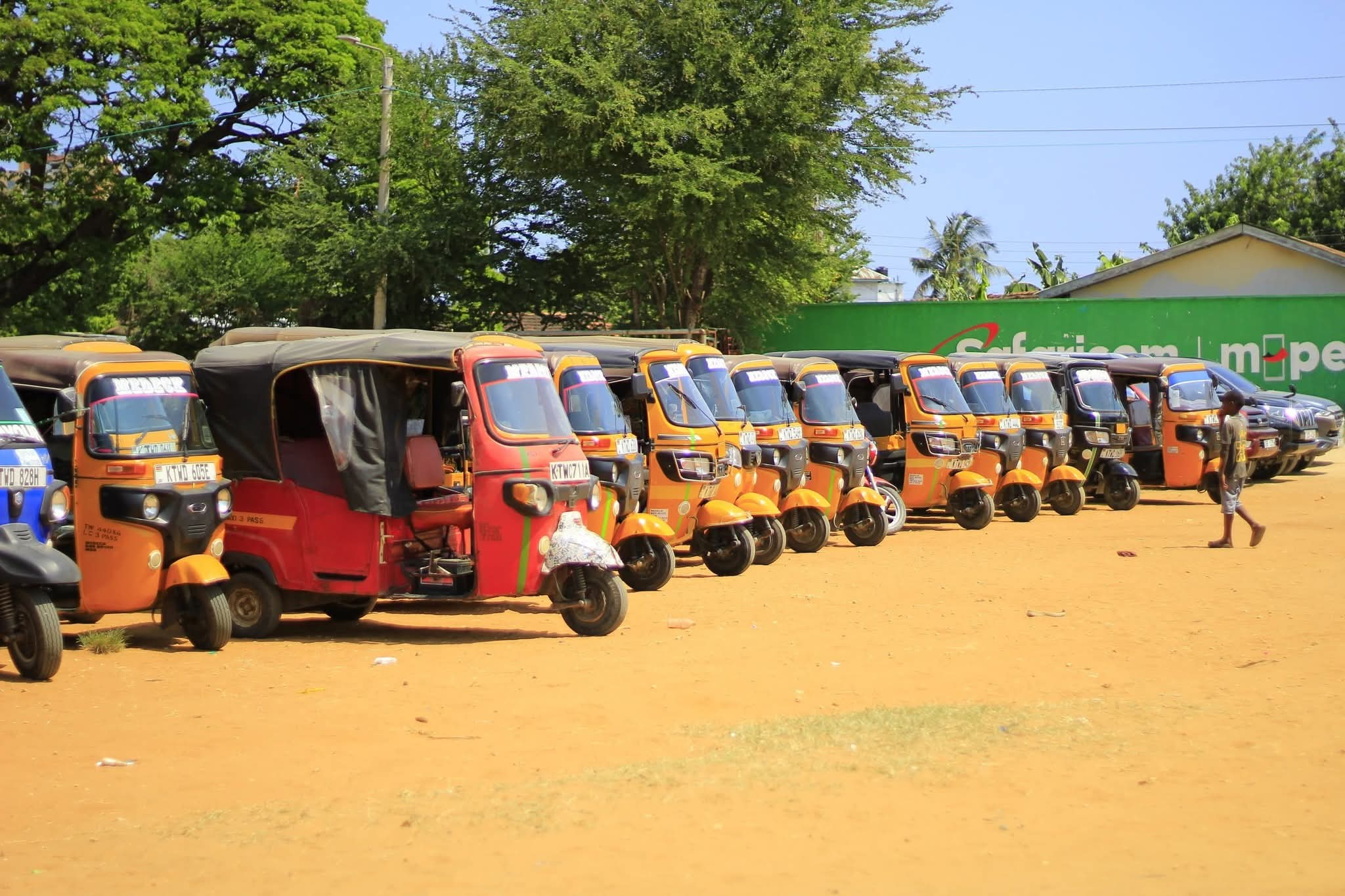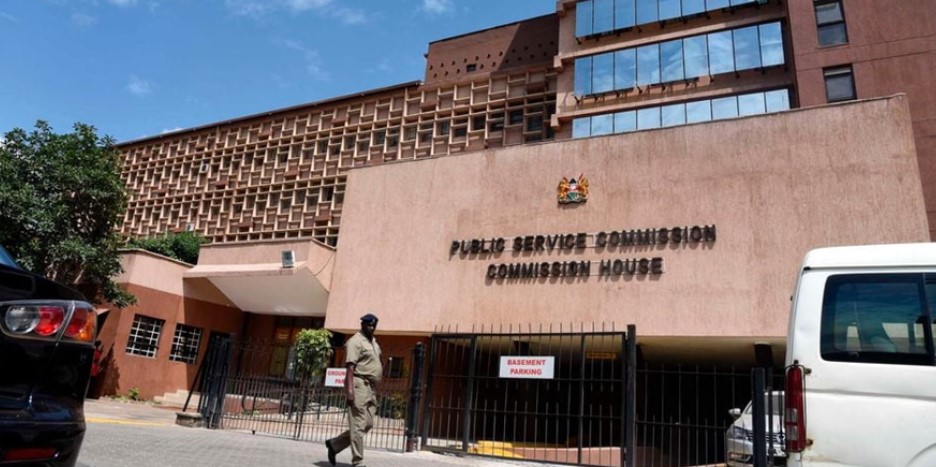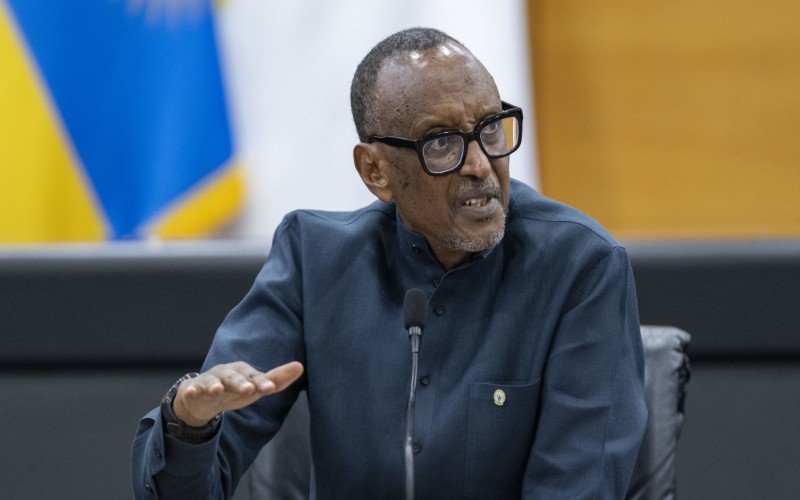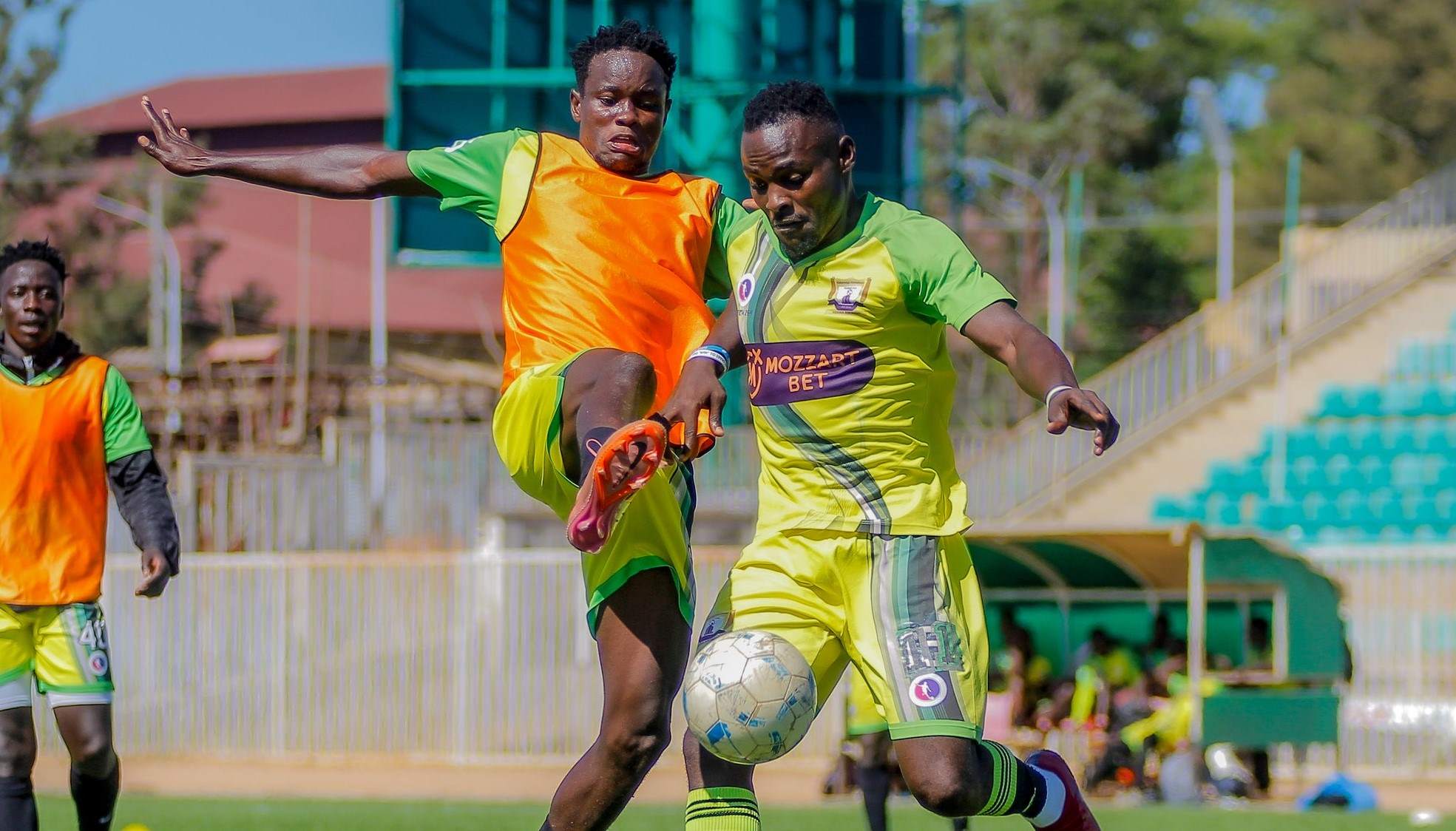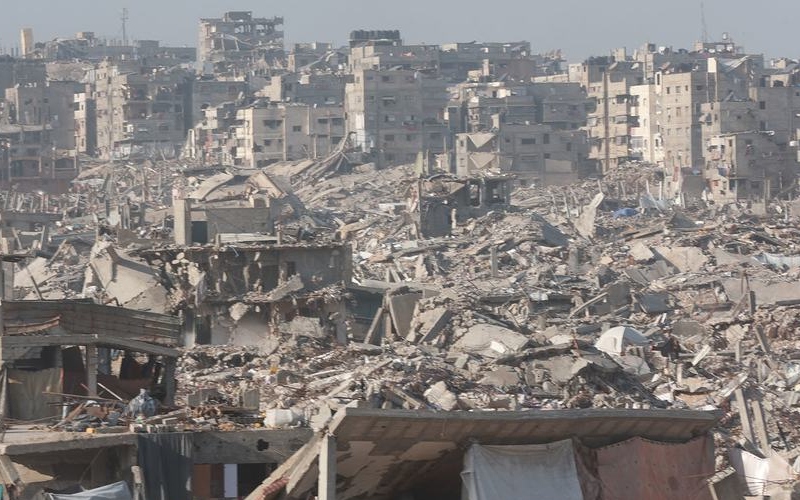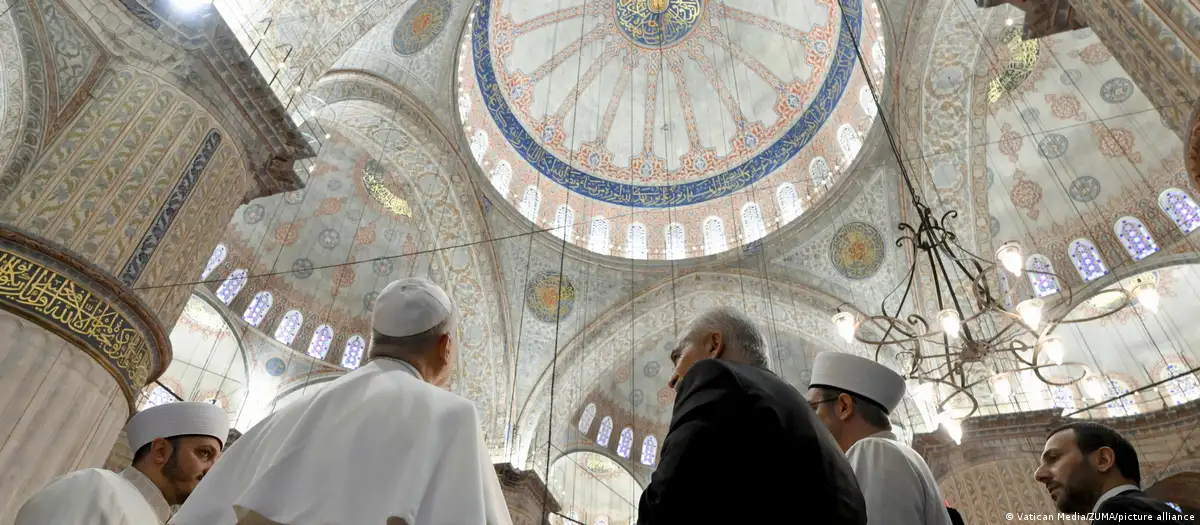CS Kindiki declares Monday, June 17 as public holiday for Eid Ul Adha celebration
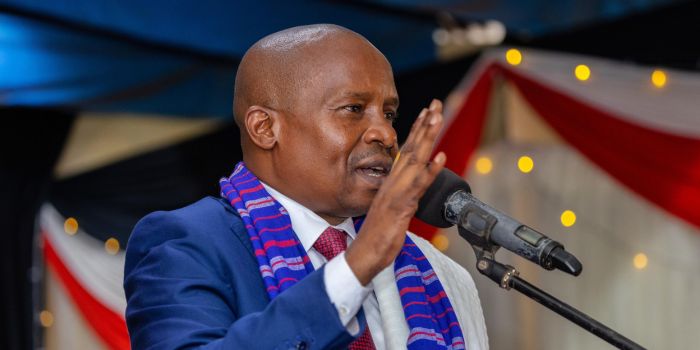
Eid Ul Adha, also known as the "Festival of Sacrifice," is one of the most important holidays in the Islamic calendar.
The Cabinet Secretary for Interior and National Administration, Kithure Kindiki, has officially declared Monday, June 17, a public holiday to mark the celebration of Eid Ul Adha. This announcement comes as Muslims around the world prepare to celebrate this significant Islamic holiday on Sunday, June 16.
The declaration aligns with the recent announcement by Chief Kadhi of Kenya, Sheikh Athman Abdulhalim, who confirmed that Eid Ul Adha will be observed on June 16.
More To Read
- Friday declared public holiday to honour Raila Odinga
- Students ordered to attend school on Mazingira Day for tree planting
- Why Ruto declined to gazette Katiba Day as a public holiday
- Eastleigh residents find unity, joy in Eid-ul-Adha celebrations amidst harsh economic times
- In Pictures: Muslims countrywide celebrate Eid-ul-Adha
- Muslims across Kenya mark Eid-ul-Adha with prayers and sacrifice
Eid Ul Adha, also known as the "Festival of Sacrifice," is one of the most important holidays in the Islamic calendar. It commemorates the willingness of Prophet Ibrahim (Abraham) to sacrifice his son as an act of obedience to God. However, before he could carry out the act, God provided a ram to sacrifice instead.
Traditionally, the observance of Eid Ul Adha begins with a special prayer, known as the Salat al-Eid, performed at mosques and open fields. Following the prayers, Muslims engage in the ritual of Qurbani, where they sacrifice livestock such as goats, sheep, or cows.
The choice of animal often depends on regional availability and personal preference. The act symbolizes devotion, obedience, and the willingness to give up something valuable for the sake of faith.
The ritual has specific guidelines: the animal must meet certain age and health requirements, ensuring it is of suitable quality for sacrifice. The slaughtering process itself must be carried out humanely, following Islamic legal and ethical standards, with the animal's throat being swiftly cut while invoking the name of Allah.
The meat from the sacrifice is typically divided into three parts. One-third is given to the needy and poor, another third is distributed among friends and relatives, and the final third is kept for the family's consumption.
Eid Ul Adha also includes various social activities, family gatherings, and feasts. The festival allows Muslims to reflect on their faith, renew their spiritual commitments, and build a sense of camaraderie in the community.
Top Stories Today


